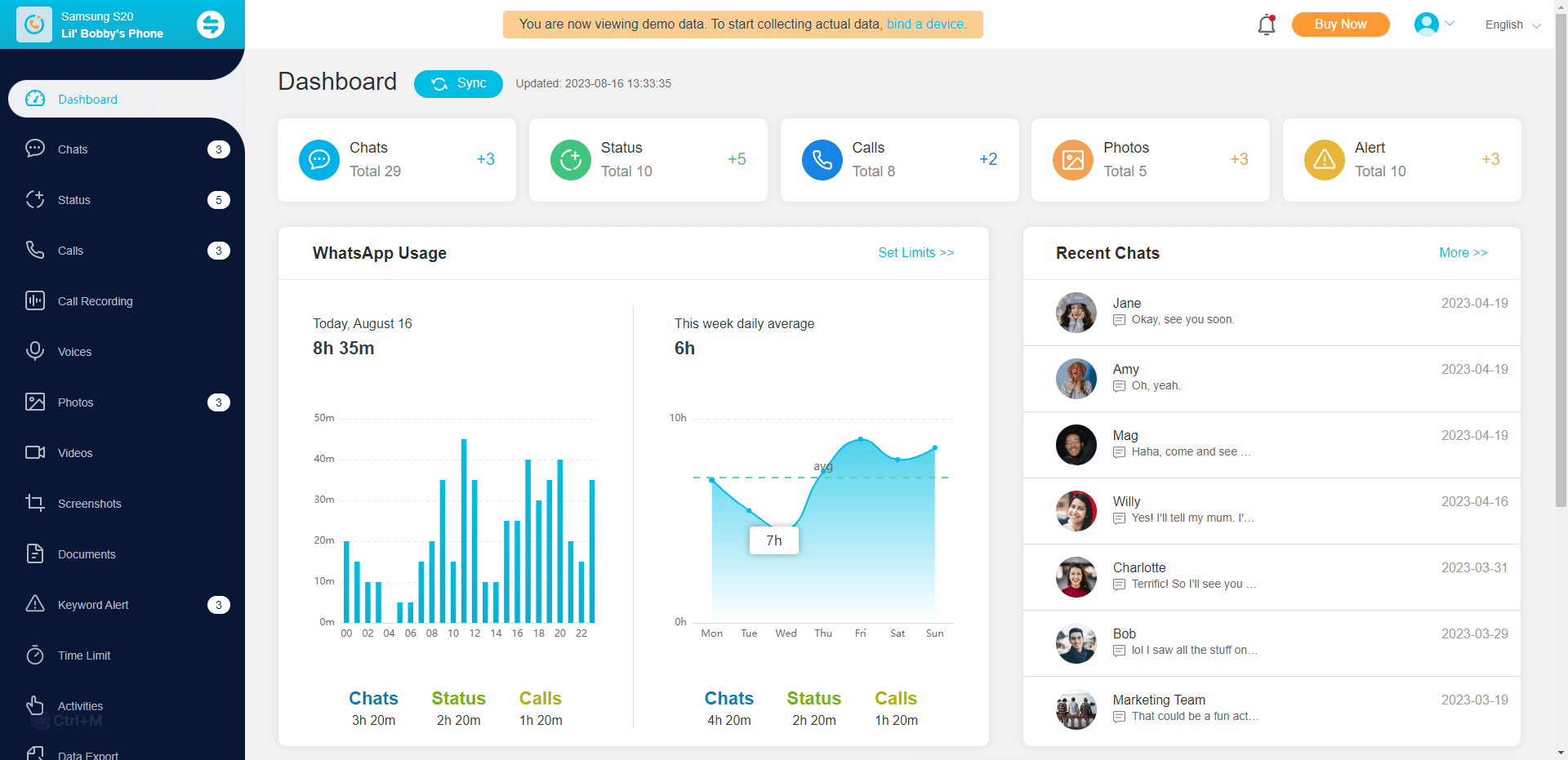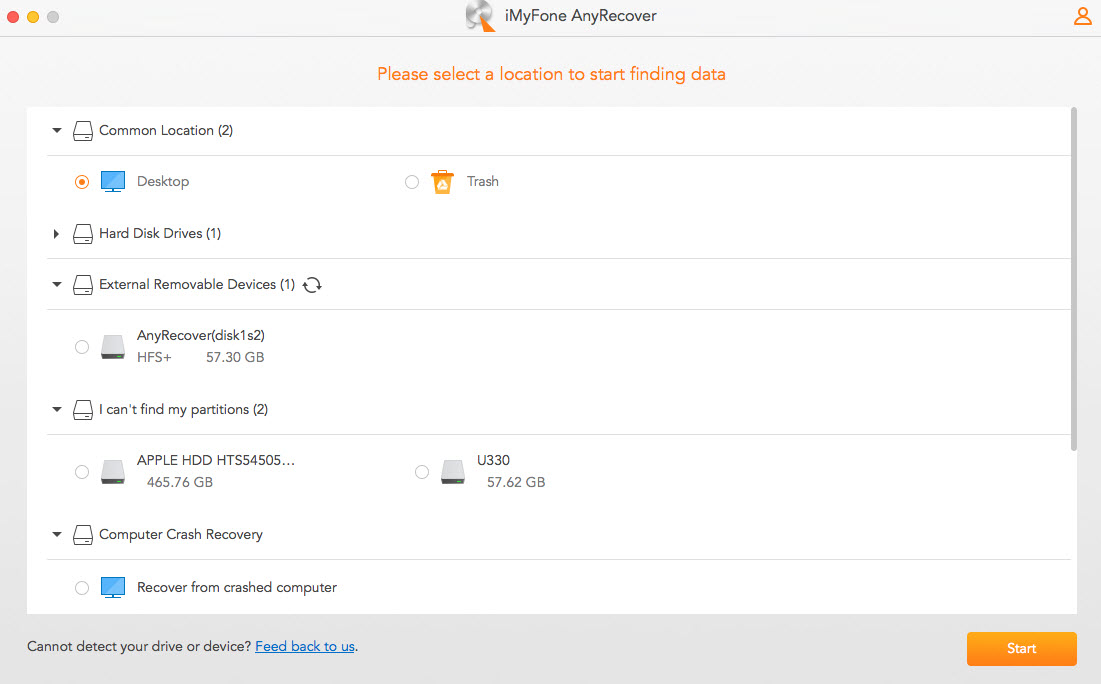ClevGuard Support: Monitor Devices with Others' Permission.
WhatsApp has become one of the most popular messaging apps worldwide, allowing people to connect and communicate efficiently. However, with the increasing use of technology among teenagers, a new issue has emerged - WhatsApp sexting. This involves the exchange of sexually explicit messages, photos, or videos through the app, posing potential risks to the safety and well-being of young individuals.
As a parent, it is crucial to understand what WhatsApp sexting is, its risks, and how to protect your kids from engaging in such activities. In this comprehensive guide, we will explore the topic of WhatsApp sexting, provide tips for parents, and address frequently asked questions. Let's dive in!
In this article:
What is WhatsApp Sexting?
WhatsApp sexting refers to sending sexually explicit messages, images, videos, or other forms of intimate content through WhatsApp. It involves using the platform to engage in conversations of a sexual nature, typically involving explicit language, photos, or videos. This behavior can occur between individuals who know each other personally or have met online.

Risks and Consequences of WhatsApp Sexting
Engaging in WhatsApp sexting can have severe risks and consequences for teenagers. Some of the potential dangers include:
Emotional and Psychological Impact: Sexting can have adverse emotional and psychological effects on teenagers, leading to guilt, shame, and anxiety. The intimate nature of the content exchanged can also create complex emotional dynamics within relationships.
Sextortion and Cyberbullying: Once intimate content is shared, there is a risk of it being used for malicious purposes. Predators may manipulate or threaten teenagers into sending more explicit material or engage in sextortion, where they demand money or further explicit content under the threat of sharing the original material with others. Additionally, explicit content can be shared without consent, leading to cyberbullying and humiliation.
Online Reputation: Content shared through sexting can become associated with an individual's online identity, affecting how peers, family, and others perceive them.
Legal Consequences: In some jurisdictions, engaging in WhatsApp sexting can have legal consequences, as it may violate laws related to child pornography, distribution of explicit content, or sexting involving minors. Teenagers engaged in such activities may face criminal charges, the creation of a criminal record, and long-term legal consequences.
Impact on Future Opportunities: The presence of explicit content online can have a lasting impact on a teenager's education and future opportunities. Colleges, universities, and potential employers increasingly conduct online screenings, and discovering inappropriate content can negatively influence their perceptions and decisions.
Tips for Parents to Stop WhatsApp Sexting
As a parent, it is essential to take proactive measures to protect your kids from engaging in WhatsApp sexting. Here are some effective strategies:
1Open Communication with Your Child
Establishing open and honest communication with your child is crucial. Create a safe and non-judgmental space where they feel comfortable discussing their online experiences, concerns, and questions. Encourage them to come to you if they encounter uncomfortable situations. By fostering trust and maintaining a supportive relationship, you can better understand their online activities and guide them effectively.

2Utilizing Parental Control Apps
Consider using parental control apps like KidsGuard for WhatsApp to enhance your monitoring capabilities is a great choice. This powerful tool lets you stay informed about your child's WhatsApp activities and take appropriate action if you notice any concerning behavior.

What makes KidsGuard for WhatsApp outstanding:
- Message Tracking: Access your child's WhatsApp conversations, including sent, received, and deleted messages.
- Media File Monitoring: View photos, videos, and other media files from WhatsApp.
- Real-Time Monitoring: Keep track of your child's WhatsApp activities in real-time, ensuring you have up-to-date information.
- Remote Control: Control your child's WhatsApp usage remotely, including setting limits on app usage and taking screenshots.
- Stealth Mode: KidsGuard for WhatsApp operates discreetly, ensuring your child is unaware of the monitoring.
Using KidsGuard for WhatsApp can provide valuable insights into your child's online behavior, allowing you to intervene proactively and protect them from the dangers of WhatsApp sexting. Below are the steps to use KidsGuard for WhatsApp:
- Register an account by clicking the Sign Up button.
- Download KidsGuard for WhatsApp and set it up.
- Log into your account and bind the target device. Then you can start monitoring to prevent WhatsApp sexting.

3Educating Your Child about the Dangers of Sexting
Take the time to educate your child about the risks and consequences of WhatsApp sexting. Explain the potential emotional, psychological, and legal implications of such activities. Emphasize the importance of respecting boundaries, consent, and personal privacy. Help them understand that controlling who sees it and how it is used can be challenging once something is shared online.
4Setting Clear Boundaries and Rules
Establish clear boundaries and rules regarding online behavior, including messaging apps like WhatsApp. Discuss acceptable online conduct, appropriate content, and respecting themselves and others. Set guidelines for when and how the app should be used, and ensure your child understands the consequences of violating these rules.

Frequently Asked Questions About WhatsApp Sexting
Q1. How common is WhatsApp sexting?
WhatsApp sexting is becoming increasingly common among teenagers due to the widespread use of the app and its privacy features.
Q2. Can you go to jail for WhatsApp sexting?
Yes. Engaging in WhatsApp sexting can have legal consequences, mainly if it involves explicit content or minors. Laws regarding sexting vary by jurisdiction. But in some cases, individuals involved in such activities may face criminal charges and potential jail time.
Q3. How can I handle unwanted sexting on WhatsApp?
You can block the sender and report their account if you receive unwanted explicit content on WhatsApp. You can also adjust your privacy settings to limit who can message you.
Conclusion
WhatsApp sexting poses significant risks to the safety and well-being of teenagers. As a parent, it is essential to understand the nature of WhatsApp sexting, its potential dangers, and how to protect your kids from engaging in such activities.
By fostering open communication, educating your child about the risks, setting clear boundaries, and using parental control apps like KidsGuard for WhatsApp, you can help safeguard your child from the potential consequences of WhatsApp sexting. Proactive parental involvement ensures your child's digital safety and well-being. So let's give it a try!







 Store
Store

